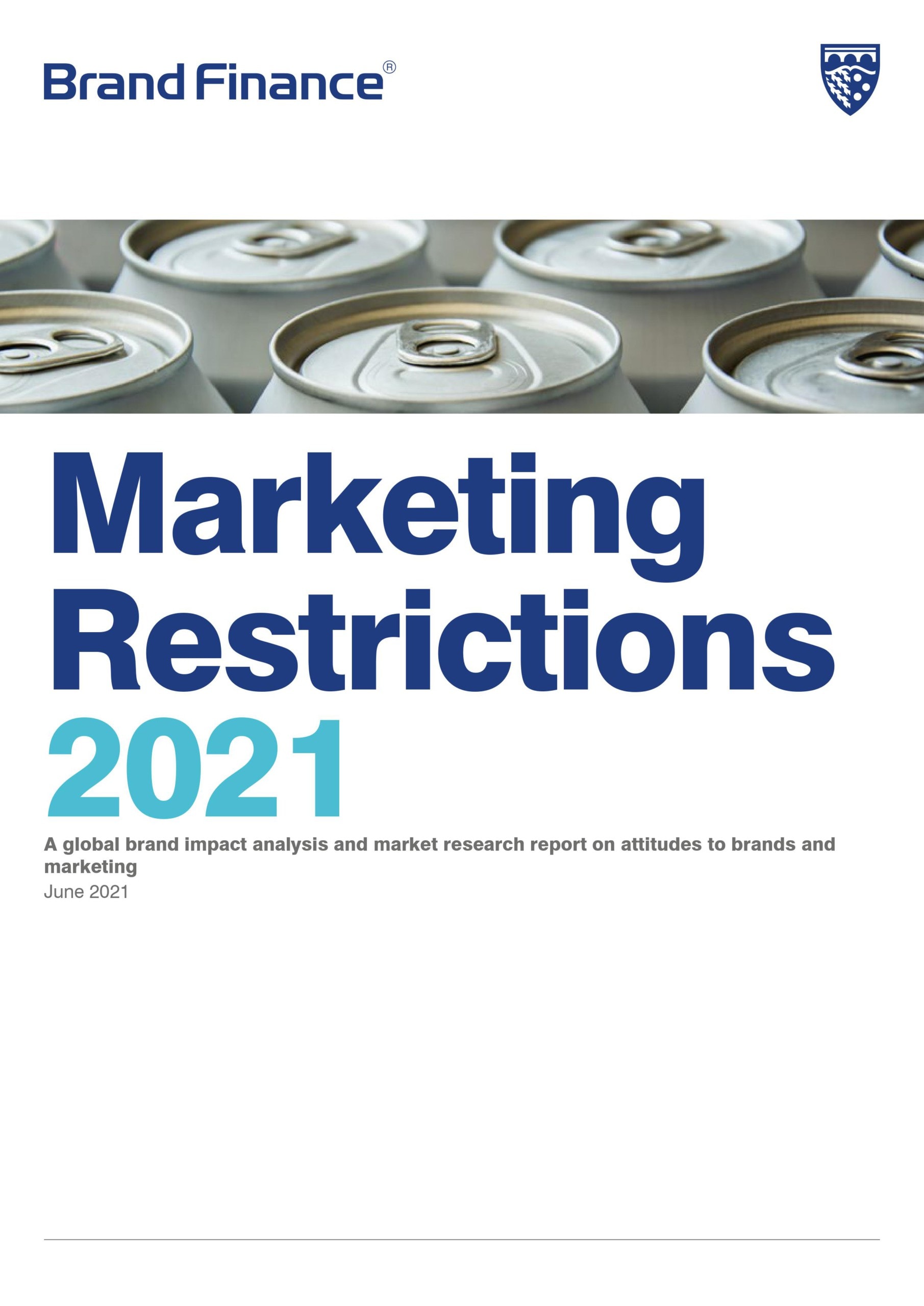Interview with Roger Wang

President, Marketing Institute of Singapore
Brand Finance has produced several reports on marketing restrictions and, more specifically, plain packaging where we look at the economic impact of these restrictions on brands and their companies. Do you get the sense that the increasing number of marketing restrictions are making it more challenging for companies to create brand value?
Consumers will still go for their particular brand of cigarettes; they don't switch just because there is no branding on the packaging. I’m very doubtful about whether the regulations work. In all honesty, it's not about the cigarette brand itself, but rather about educating the public on the harmfulness of smoking. Although I don't have empirical studies on this at hand, I suspect that the campaign itself doesn't help with stopping current smokers.
A large aspect of educating society should fall within the regulatory body of the industry. I think highly regulated industries or products stifles entrepreneurial spirit and creativity. Educating consumers on making the correct choice is far better than putting a stop to creativity within the marketing sphere. I do recognise the fact that certain industries need to be regulated, but instead of implementing draconian laws, education should play a larger role. I think that is my key message: educating the consumer is what is most important.
So, if you have a preferred brand, marketing restrictions – such as plain packaging – wouldn’t really impact your choice? Then, what is the role and purpose of brands? If you had to define it in one or two sentences.
Brands are supposed to be a differentiator, an identifying factor for uniqueness. Does plain packaging serve that role? I think this is an important question. Let’s look at it from the perspective of product manufacturing – generic drugs, for example. Here, industry is able to bring down the price of medication, improving affordability for economically challenged communities, which is of course a good cause.
However, if you look at it from the perspective of the manufacturer, companies have invested a significant amount of money in building their brands, and there must be certain returns. Who would want to invest in research and development when competition is stifled because of plain packaging? How would those manufacturers profit from their investments? This would also impact the discovery of new and improved medication, which would be detrimental to society as a whole.
What are some other areas where you might see these kinds of brand or trademark restrictions, and how do you think marketeers should handle these?
Regulatory bodies are certainly going after things they consider vices like cigarettes, and probably cigars and alcohol in the future. It’s destructive to the reputation of a business because counterfeits are very easily available in the market due to key identifiers being missing. I think as marketeers, we just have to be more creative in getting our messages across in a more practical way. Look at communicating with consumers using other aspects of brand association.
Do you think governments and authorities have the right to interfere with how a company uses their trademark?
It all depends on the product and how it impacts society. If the product isn’t damaging, I don't think anyone should stifle creativity when it comes to branding. They should leave it in the hands of the manufacturer and consumer. Like I said, branding is an important differentiator, it helps tell products apart. If we don't have strong branding, then consumer choice is stifled. That in itself can make or break a product or company in terms of assets and value.
The tobacco industry is already facing these marketing restrictions and we could potentially see them starting to impact other industries soon, with some already in the firing line, for example the alcohol sector. Are marketeers able to proactively see these restrictions coming their way, or are they completely caught off guard?
Understanding the business environment is of the utmost importance. Of course, as marketeers we first do a PESTEL Analysis to look at the impact of political, economic, social, technological, environmental, and legal factors on the business environment. Companies should always be aware of the potential threats in their industries. In addition, you have to understand your legal environment.
When it comes to marketing restrictions, unless companies are able to lobby for certain laws to be revoked, the power actually falls with the consumer and whether they are compelled to bring certain laws before the regulatory department. Brands not only tell a lot about products, they tell a lot about the consumers using them. Without branding, this sense of identity will be lost.

